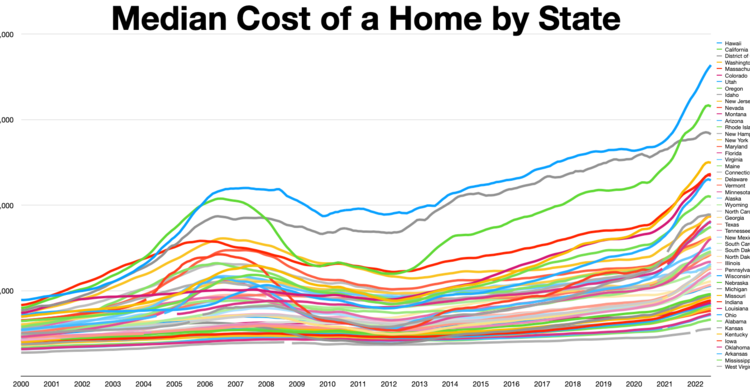Corporate debt spreads widen, but high-quality companies remain resilient
- Bonds are often seen as an economic bellwether
- Spreads on debt issued by risky ‘high yield’ issuers hit 3.81 percentage points, the highest since last November
- U.S. municipal bonds have been impacted but trading has normalized
- Investors believe that the Federal Reserve may need to start loosening policy aggressively starting in September
- Recent lackluster economic data and weakening job growth are concerns
- Spreads on bonds rated triple-C or worse have been consistently widening before the latest rout
- High-quality companies are already wading back into the debt market
- Investment-grade issuance in the first half of the year reached its second-largest volume in the past decade
The bond market is often seen as a more grounded view of economic prospects. Despite recent volatility and panic, the corporate bond market has shown resilience, with high-quality companies continuing to tap into debt markets. The spreads on risky ‘high yield’ issuers reached 3.81 percentage points, the highest since last November, but investment-grade paper closed at 1.11 percentage points. U.S. municipal bonds were impacted but have normalized. Investors believe that the Federal Reserve may need to start loosening policy aggressively starting in September due to lackluster economic data and weakening job growth. However, strong cash buffers and investor appetite for higher yields over Treasuries seem to be warding off dangers for most companies. Spreads on bonds rated triple-C or worse have been widening, indicating that highly leveraged firms may need central banks to lower rates at a faster pace than currently anticipated. The recent panic hasn’t hit fixed income as directly as equities, and investment-grade issuance in the first half of the year reached its second-largest volume in the past decade.
Factuality Level: 8
Factuality Justification: The article provides accurate and objective information about the corporate bond market, discussing recent trends and events in detail without presenting personal opinions as facts. It also includes relevant data points and comparisons to provide context for its analysis.
Noise Level: 6
Noise Justification: The article provides some relevant information about the corporate-bond market and its relation to economic indicators, but it also contains some irrelevant details such as the mention of specific companies and events that are not essential for understanding the overall trend. Additionally, the article includes speculative statements without strong evidence or data to support them.
Public Companies: Toyota (7203), Connecticut Light and Power ()
Private Companies: ION Analytics,SBA Communications,City of Chicago
Key People: Jon Sindreu (Writer)
Financial Relevance: Yes
Financial Markets Impacted: The article discusses the impact on corporate bonds, Treasury yields, high-yield bonds, and the Federal Reserve’s interest rates on financial markets and companies.
Financial Rating Justification: The article talks about the changes in bond yields, spreads, and default probabilities for investment-grade and high-yield bonds, as well as their impact on companies like Chicago, ION Analytics, SBA Communications, Toyota, and Connecticut Light and Power. It also mentions the Federal Reserve’s role in interest rates and its potential effects on financial markets.
Presence Of Extreme Event: No
Nature Of Extreme Event: No
Impact Rating Of The Extreme Event: No
Extreme Rating Justification: There is no mention of an extreme event in the last 48 hours. The article discusses recent volatility in the corporate bond market, but it does not describe any major disruptions or crises.
Move Size: No market move size mentioned.
Sector: All
Direction: Up
Magnitude: Medium
Affected Instruments: Bonds, Stocks
 www.wsj.com
www.wsj.com 




